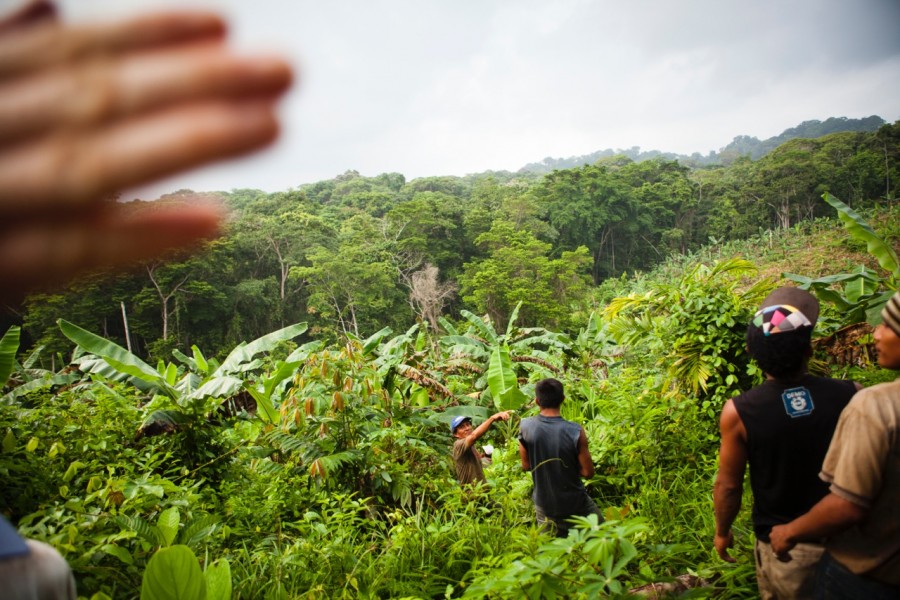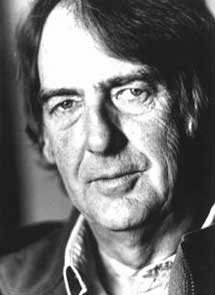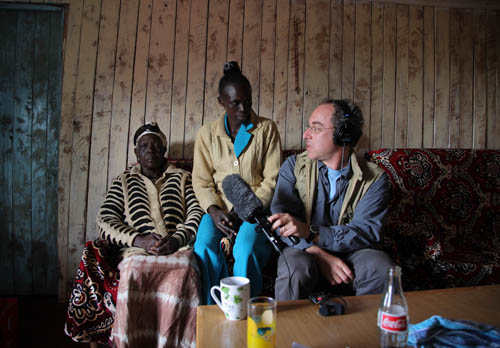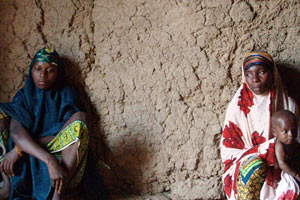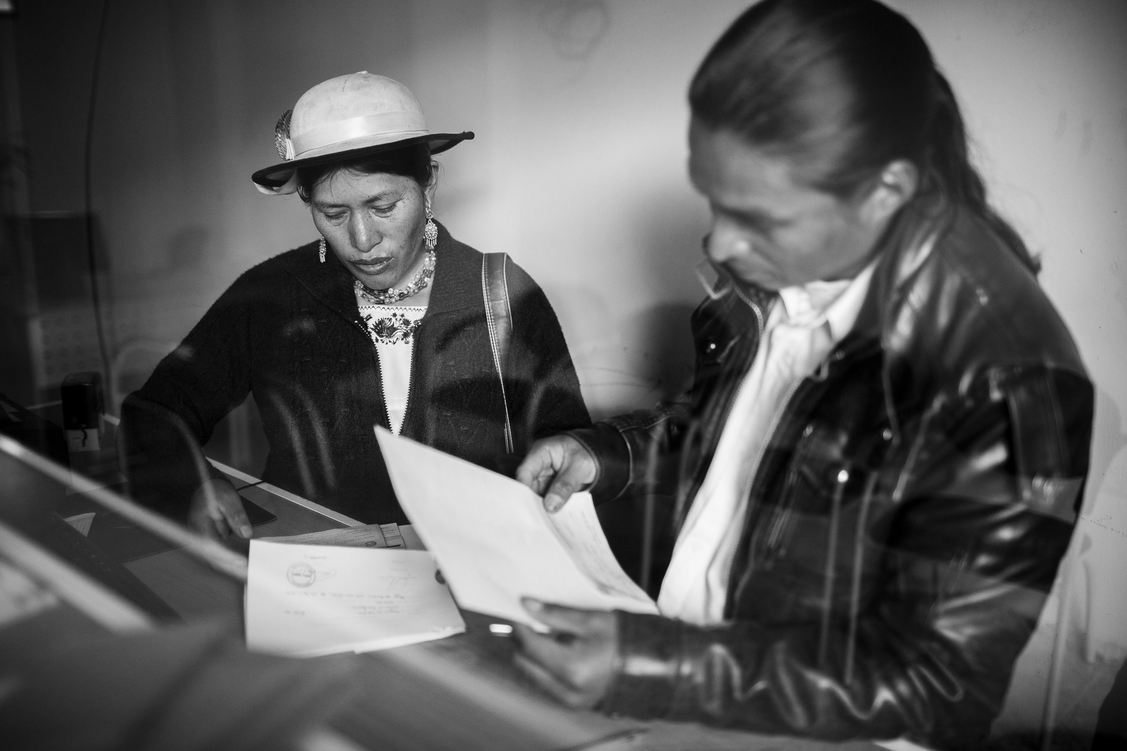
For the 60,000 residents of Cañar, Ecuador, the costs of migration can be great, especially for children. But the benefits can be great as well: unprecedented access to education and jobs, freedom of movement and financial independence for women, especially indigenous women, whether they left and returned, or never left.
Homelands’ Ruxandra Guidi and Bear Guerra discuss the two faces of migration in Ecuador in an Op-Ed piece in today’s New York Times. Their reporting was supported by the International Reporting Project.
